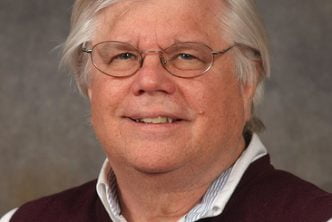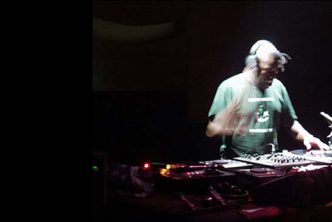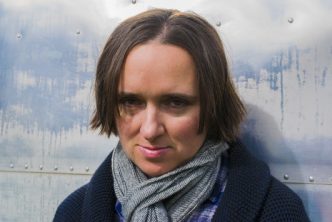Hosted with MIT Arts, Culture, and Technology and The Boston Cinema/Media Seminar.
Introduction by Lisa Parks, Professor, CMS/W
Haidee Wasson’s talk explores the long and vibrant place of portable film devices in the history of small media, repositioning the ‘movie theatre’ as the singular or even central figuration of film presentation and viewing. From its earliest days, film was – in a sense – born portable. Yet, our attention to and affection for the movie theater has obscured our view to the parallel and paradigmatic development of a far more numerous and arguably more significant development: the international, post-war proliferation of portable projectors. These small devices were used widely and for a sizable range of purposes: political, industrial, artistic, cultural. They fundamentally changed the conditions in which films could be seen — and ultimately imagined — as complex projected, often interactive and highly applied, forms. Drawn from a book-length study, this paper will highlight the productivity of “portability” as a concept and practice for opening up our understanding of film history as media history, identifying key insights that expand our understanding of what cinema has long been, a highly iterative media form.
Haidee Wasson is Professor of Film and Media in the School of Cinema, Concordia University, Montreal. She is author or editor of four books, including the award-winning Museum Movies, Inventing Film Studies (with Lee Grieveson) Useful Cinema (with Charles Acland) and Cinema’s Military Industrial Complex (with Lee Grieveson). She is the founder of Fieldnotes, an oral history project on the history of film and media studies, and the recent recipient of the Distinguished Service Award, Society for Cinema and Media Studies. Her current research investigates the design and expansive use of film projectors by industrial, military and government sectors, exploring the transformation of cinema from an entertainment machine into a highly diversified display and performance device.




